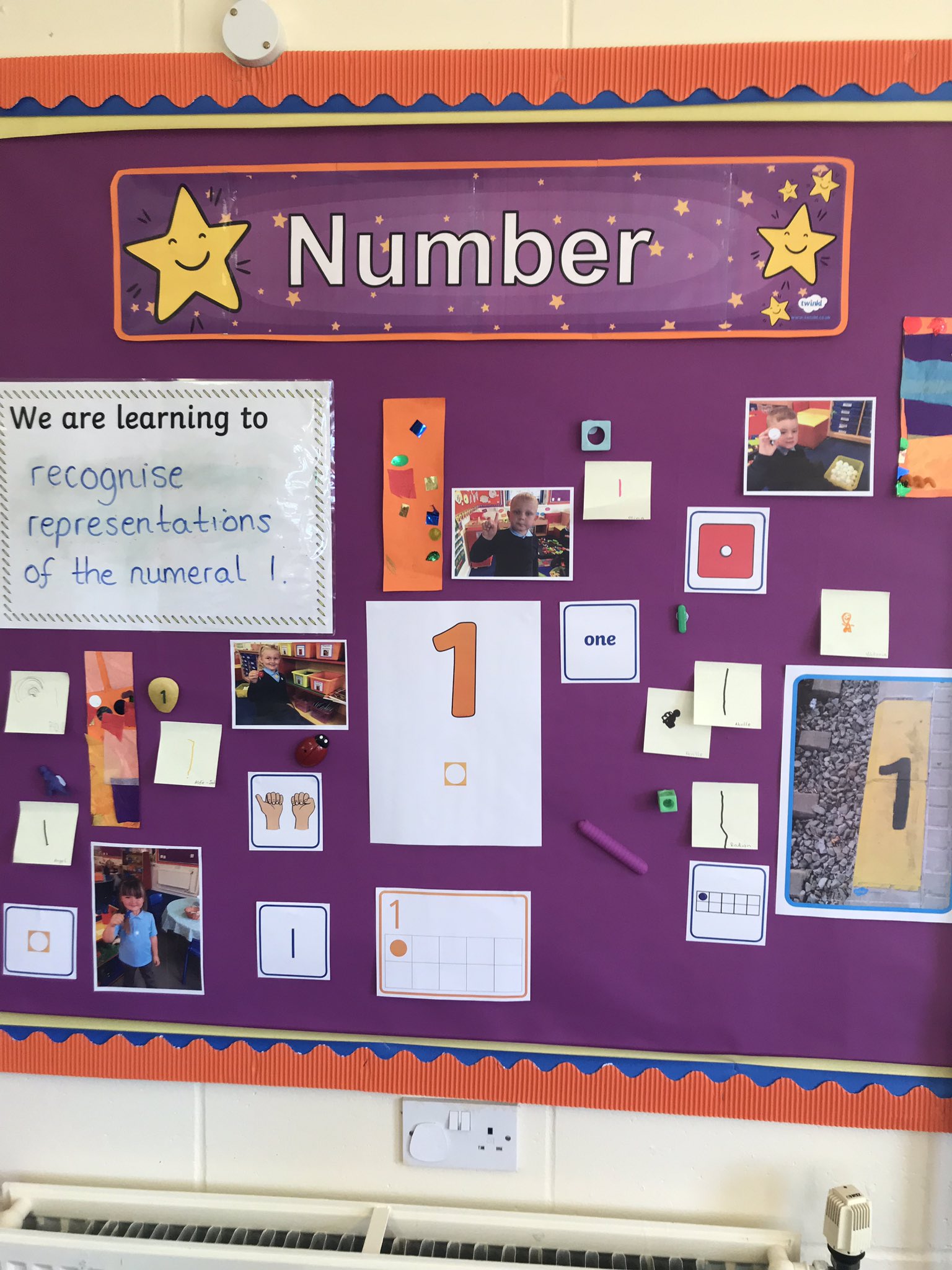
Infinity Academies Trust

Maths
Maths
Maths is a subject that everyone can, and should be able to perform confidently and competently.
During our maths lessons we aim to provide opportunities for the children to gain a deep understanding of maths that will allow them to make progress and move onto more difficult topics.

We want to develop children’s number sense so that they understand the number rather than just recognising the numeral. Children need to understand that numbers can be represented in many ways, not just as a written numeral. We use many different objects and pictures to show that numbers can be represented in lots of ways.
It is important to provide opportunities to practise recognising numbers in different forms. We play matching games and encourage children to recognise and make different amounts in our indoor and outdoor areas.
Counting Groups
When counting, children need to understand that we say one number for each object counted. This is called one-to-one corresepondance or touch counting. The final number that we say is how many altogether (cardinality). Some children will continue to count after they have reached the final object, so it is good practice to teach the children to move objects as they count. Lastly, we can count objects in any order but the total stays the same.
Recognising amounts
The ability to recognise small amounts without counting is an important skill. Using a dice is a good way to practise this skill before moving onto objects in different arrangements. This is a vey important skill when children begin to add and subtract.
 Understanding that the total stays the same even when the objects move
Understanding that the total stays the same even when the objects move
When children first start to use numbers, they often do not understand that if we move objects into another arrangement the total stays the same. Splitting groups of objects into two smaller groups is a good way to show that the total stays the same. It is also useful for exploring number facts showing different ways to make a given total.
Reasoning
Reasoning in maths helps children to be able to explain their thinking. It helps them to think about how to solve a problem, explain how they solved it and to think about what they could do differently.
In Foundation Stage, some examples of reasoning are:
- true and false statements e.g. adding one to a number always makes it smaller
- spotting incorrect maths e.g. 1, 2, 3, 4, 6, 5, 7, 8, 9, 10
- explaining how we know something or how we worked it out
Problem Solving
Problem solving in Maths allows children to use their Maths skills in lots of contexts and in situations that are new to them. It allows them to seek solutions, spot patterns and think about the best way to solve a given problem.
In Foundation Stage, problem solving might include:
- spotting, following and creating patterns
- estimating amounts of objects
- predicting how many times they can do something in a minute
- sharing objects between different groups – particularly when the amount of groups change and the amount of objects stays the same
- finding different ways to split numbers e.g. 5 could be 5+0, 4+1, 3+2 etc